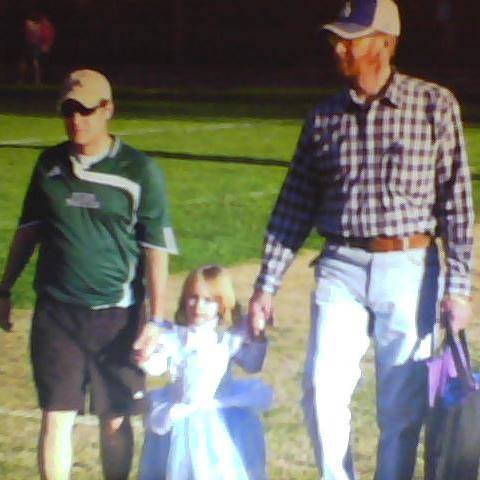Real Life Leading #42
Lessons from the 'Worst Class in School'
Happy Sunday, everyone! I'm excited this week to share with you a few things I've learned from what has been labeled 'the worst class in school' (I mentioned them in last week's blog post. You can find it here: https://reallifeleading.com/real-life-leading-blog/83ywznecpjax2f76fxktx8rkg6pzpy). Last week I mentioned the importance of setting high expectations early and to believe the best in people. This week I want to follow up with two others lessons associated with this group.
First, I find that it is vital to address the 'elephant in the room', the giant issue that everyone knows is there but most people refuse to acknowledge. The reason for this is simple: if you just ignore it, it continues to be an issue. For this class, the elephant in the room was their reputation and the things that have contributed to it: being disrespectful, constantly breaking rules (e.g. dresscode, gum-chewing, etc.), and generally being disinterested in their school work. So together we addressed these issues by discussing their importance, and once the students saw that there actually is a purpose for these things, their approach became somewhat more respectful. Keep in mind, though, that habits take time to break, and these are still kids after all. That's where it's important to have grace, and it also leads us to the second point.
The other important thing is to revisit the expectations daily or at least very regularly. Students shouldn't have to be reminded to follow the dress code; but neither should adults have to be reminded to follow the speed limit. And yet we need those reminders. Whether through simple forgetfulness (or, more likely, sinfulness), we tend to slack off. So in my class we revisited each issue once or twice during the week, reminding the students of the policies, but more importantly, reminding them of the progress they're already making in terms of changing their reputations.
I find that it's extremely important to "catch the students being good" (if I could remember who I heard that phrase from, I would gladly credit them!) and to show them that you saw what they were doing. Much of what I've shared this week has been strongly influenced by a book called 'The First Days of School' by Dr. Harry K. Wong. It's a must-read for every teacher, and I also believe the principles would be useful in any leadership setting.
So, this week in your world, be sure to address whatever 'elephants' are causing your group problems. Just remember to do so with patience, grace, and love, the same way we want people to address us when we're not doing what we should. Jesus has forgiven me for much bigger things than leaving my shirt untucked; therefore, I need to be willing to forgive students when they don't follow the rules in my classroom. Discipline still occurs, but it's done to teach and instruct, not to punish; again, in the same way God disciplines us.
Thanks for your time, and feel free to share this article! Also, I'm still booking speaking engagements for the rest of 2018 and into 2019, so if you'd like to learn more or hear me in person, contact me via the form on the website, or email me at joel@speakerjoel.com. Thanks, and have an amazing rest of your day!




